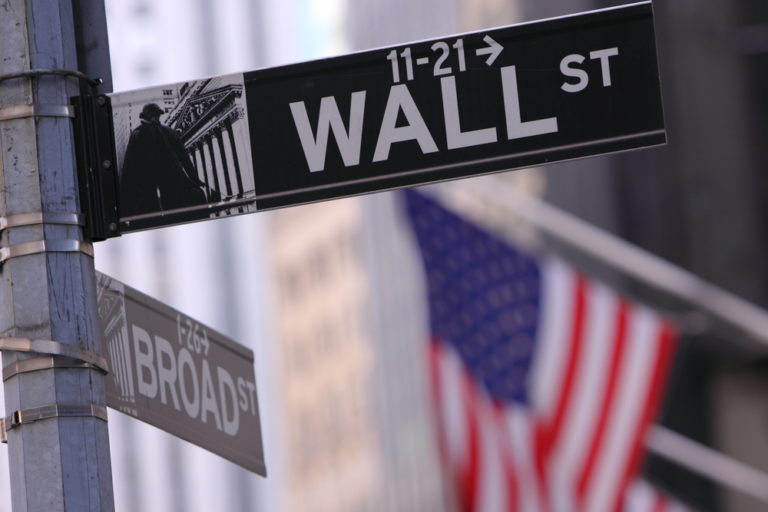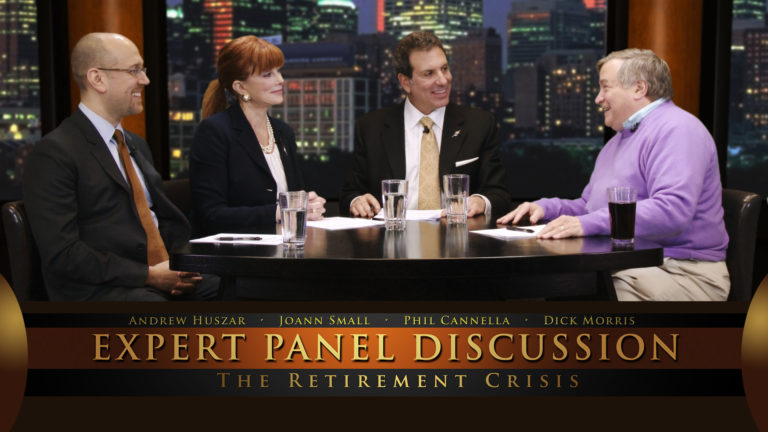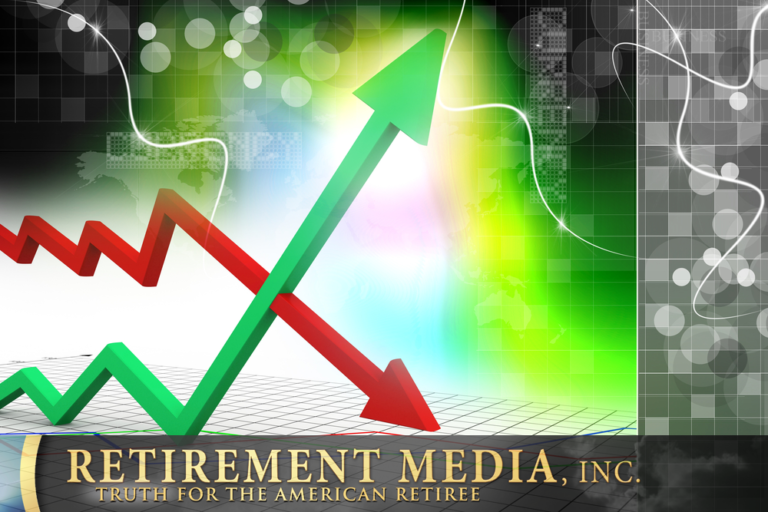The Department of Labor is once again forced to delay the passing of new legislation that would impose a fiduciary standard on advisors working with the retirement assets of millions of Americans.
The rule, which seeks to raise the standards of practice for investment advisors, was first introduced in 2010 as a response to the financial crisis. However, the rule was withdrawn shortly after introduction, due to fierce backlash from lobbyists and interest groups working for Wall Street.
Citing reasons such as loss of commissions for investment advisors, these interest groups and lobbyists have once again successfully prevented regulators from creating a rule that will force investment advisors to act in the best interest of their clients.
The agency moved the re-proposal of this regulation from August to January of next year. It is expected that the delay will allow lobbyists and interest groups to further their fight against the existence of a fiduciary duty on investment advisors.
The abstract of the rule as published by The Office of Information and Regulatory Affairs reads, “This rulemaking would reduce harmful conflicts of interest by amending the regulatory definition of the term “fiduciary” to more broadly define as fiduciaries, employee benefits plans, and individual retirement accounts (IRAs) those persons who render investment advice to plans and IRAs for a fee…The amendment would take into account current practices of investment advisers, and the expectations of plan officials and participants, and IRA owners who receive investment advice, as well as changes that have occurred in the investment marketplace, and in the ways advisers are compensated that frequently subject advisers to harmful conflicts of interest.”
Essentially this rule would clearly define investment advisors as fiduciaries. Under this new title, investment advisors would be subject to regulations designed to prevent them from using corrupt practices or managing client assets with self-interests, such as high commission investment products.
Many experts have concluded that the lack of regulation over Wall Street was a main contributing factor that led to the 2008 financial crisis. Advocates of the rule insist that it is a necessary reform that is severely needed on Wall Street.
The story surrounding this fiduciary duty rule shares a lot of similarities with that of the Dodd-Frank Act, which was an Act that contained more than 90 provisions of current legislation designed to bring more regulation over Wall Street. The Dodd-Frank Act is all but forgotten by main street America and its original purpose has been diluted by countless revisions and adjustments made to the Act since its proposal.
Despite the attempts by the Dodd-Frank Act to break down the “too-big-to-fail banks,” the six largest banks in America are now 38 percent larger than they were at their peak just before the financial crisis in 2008.
The question that is now being asked by advocates of further regulation over Wall Street; is Wall Street too powerful to regulate?

















